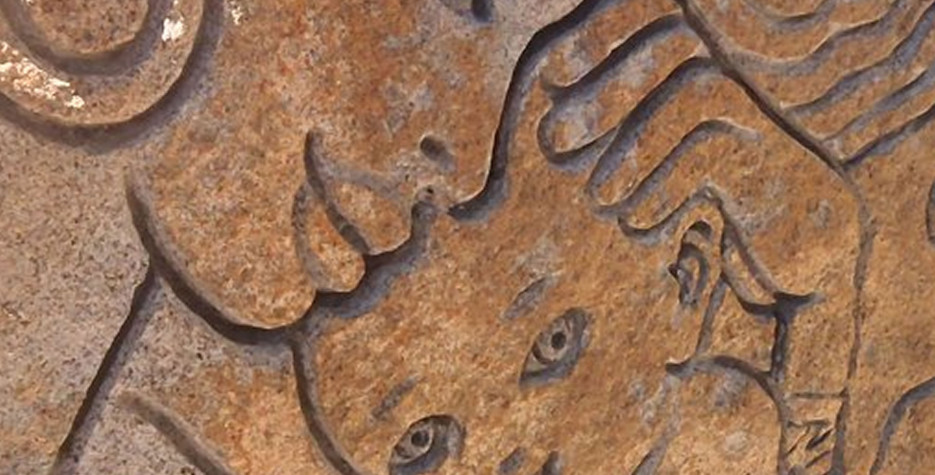When is Abolition of Slavery Day?
Abolition of Slavery is a public holiday celebrated in Mauritius on February 1st.
Also known as Abolition Day, this holiday commemorates the end of slavery in Mauritius, on this day in 1835.
History of Abolition of Slavery Day
In 1638, the Dutch East India Company established a settlement on Mauritius. They set about felling the ebony trees and developing sugar cane and tobacco plantations as commercial enterprises. The Dutch brought the first slaves to the island as manpower but by 1710 they had abandoned Mauritius, unable to develop the island.
The French then took control focusing on sugar cane production. This meant the arrival of many more slaves to work on the plantations.
By the time the British took control of the island in 1810, slaves accounted for around 80% of the island’s population with most from Madagascar and East Africa.
The Maroon Republic
Le Morne is a rugged mountain that juts into the Indian Ocean in the southwest of Mauritius. It was used as a shelter by runaway slaves (called 'maroons'), through the 18th and early years of the 19th centuries.
The escaped slaves formed small settlements in the caves and on the summit of Le Morne. The oral traditions associated with the maroons, have made Le Morne a symbol of the slaves' fight for freedom, their suffering, and their sacrifice, all of which have relevance to the countries from which the slaves came - the African mainland, Madagascar, India, and South-east Asia. Indeed, Mauritius, an important stopover in the eastern slave trade, also came to be known as the "Maroon republic" because of the large number of escaped slaves who lived on Le Morne Mountain. The region was inscribed into the UNESCO list of World Heritage sites in 2008.
Slavery had been abolished in the British Empire in August 1834, though it was several months before Mauritius followed suit on February 1st 1835, when it became the last of the British colonies to abolish slavery.
The planters received compensation of two million pounds sterling for the loss of their slaves.
Whilst slavery had stopped, the influx of workers continued with the arrival of indentured labourers, this time coming mainly from the Indian sub-continent. The arrival of the indentured workers is commemorated with a public holiday in Mauritius on November 2nd.
The abolition of slavery in Mauritius is commemorated at the International Slave Route Monument on the Le Morne Peninsula, which opened on February 1st 2009.


